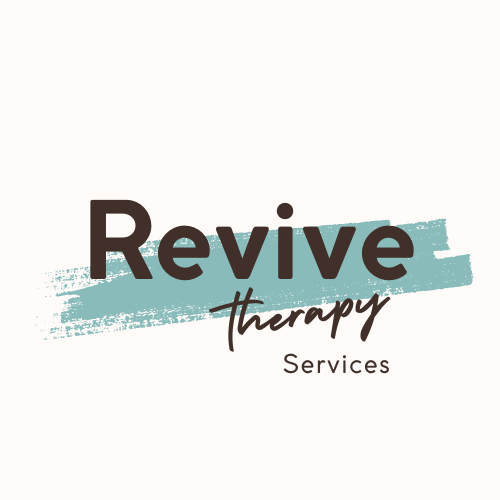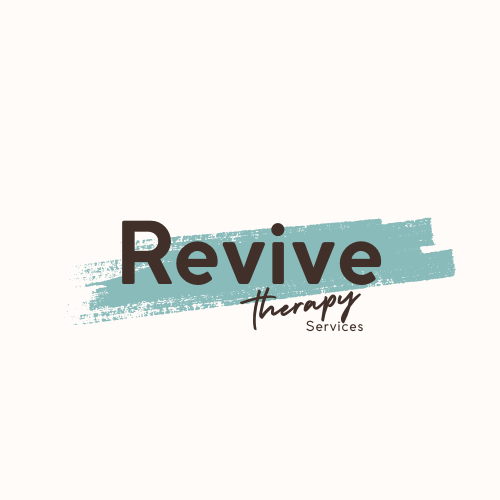Why You Should Trash New Year’s Resolutions for Healing Trauma
As the New Year approaches, the pressure to set big, life-changing goals is everywhere in Pennsylvania. The promise of 'New Year, new you' can feel exciting—but it can also feel overwhelming, especially when it comes to healing from trauma.
The truth is, trauma recovery doesn’t happen because of a dramatic resolution. It happens through small, intentional steps that honor where you are right now. Here’s why traditional resolutions might be working against you—and what you can try instead.
Why Resolutions Often Backfire
New Year’s resolutions often come with unrealistic expectations. They tend to be rigid and perfectionistic—qualities that don’t align well with the process of trauma recovery. When we don’t meet these high standards, it’s easy to feel like we’ve failed, which can trigger shame or hopelessness.
Healing, on the other hand, isn’t linear. It doesn’t fit neatly into a calendar year or follow a schedule. Trauma impacts the nervous system, and recovery is about gradually rebuilding a sense of safety—not about hitting deadlines or achieving quick fixes.
In fact, pushing for rapid change can actually create more stress, keeping your nervous system stuck in survival mode rather than supporting your healing.
The Problem with Perfectionism in Healing
One of the most common challenges people face in trauma recovery is the urge to do it 'perfectly.' This mindset often comes from survival strategies that once helped protect you but no longer serve you. When perfectionism creeps into healing, it can create self-criticism and frustration instead of allowing space for self-compassion and growth.
Perfectionism also creates an all-or-nothing approach. If you don’t follow through on a resolution every day or see immediate results, it’s easy to feel like you’ve failed. But healing isn’t about perfection—it’s about consistency, patience, and showing up for yourself even when it feels hard.
What Works Instead?
Instead of chasing resolutions, try focusing on intentions and practices—gentle, sustainable actions that create safety and stability in your nervous system.
Here are a few ideas:
Begin your morning with 5 minutes of deep breathing or grounding exercises.
Notice and name how your body feels in moments of stress or calm.
Practice self-compassion by reminding yourself that healing takes time.
Create a ritual, like journaling or stretching, to give your mind and body time to process emotions.
Prioritize rest and recovery instead of pushing yourself to do more.
These small steps may not seem like much, but they add up. Over time, they help your body and brain relearn what safety feels like—and that’s where real healing begins.
Be Curious, Not Critical
Another powerful mindset shift is to be curious about your experience instead of critical. Healing isn’t about getting everything right; it’s about learning what your body and mind need to feel supported.
For example, if you notice yourself feeling anxious, resist the urge to 'fix' it immediately. Instead, ask yourself what your body might be trying to communicate. Does it need rest? Connection? Safety? Developing this kind of internal dialogue builds deeper trust with yourself—a key ingredient for long-term healing.
Curiosity allows you to explore patterns and triggers without judgment. It helps you understand your needs and emotions, creating more space for growth and resilience. The more you practice curiosity, the easier it becomes to interrupt cycles of shame and self-doubt.
Give Yourself Permission to Go Slow
This New Year, instead of pushing for drastic changes, give yourself permission to slow down and focus on small, consistent steps toward healing. Healing is a journey, not a race—and every step counts.
Slowing down doesn’t mean you’re not making progress. In fact, it often means you’re creating the foundation for deeper, lasting change. Small, intentional steps help build trust with yourself and your nervous system, reinforcing that you’re safe and supported.
Celebrate Progress, Not Perfection
Take time to celebrate your progress, no matter how small it might seem. Healing can feel invisible at times, but every effort you make counts. Whether it’s showing up for therapy, practicing grounding techniques, or simply taking a break when you need it, these moments deserve recognition.
By celebrating your wins, you remind yourself that healing isn’t about an endpoint—it’s about the process. Progress might look like being able to sit with an uncomfortable emotion for a few extra seconds, reaching out for support, or noticing when you need rest. These are all signs that you’re building resilience and moving forward.
You Don’t Have to Do It Alone
You’re already making progress simply by showing up for yourself in this way. And remember, you don’t have to do it alone.
If you’re ready for support, I’m here to help. I offer free consultations in Pennsylvania, and we can talk about what working together might look like. Just reach out and let’s start the conversation.
Starting therapy doesn’t have to be complicated. Here are 3 simple steps you can take to get on the path of healing you deserve.
1.) Schedule a free 15 minute consultation to see if we are good fit for you.
2.) Schedule your first session in Pennsylvania with one of our therapists, like Salima or Mary.
3.) Complete your intake paperwork and show up to your first session.
Not ready to fully commit to therapy? We would love to hear any questions you may have and more about your goals for healing. Feel free to shoot us an email here.
Wishing you a peaceful start to the year!




